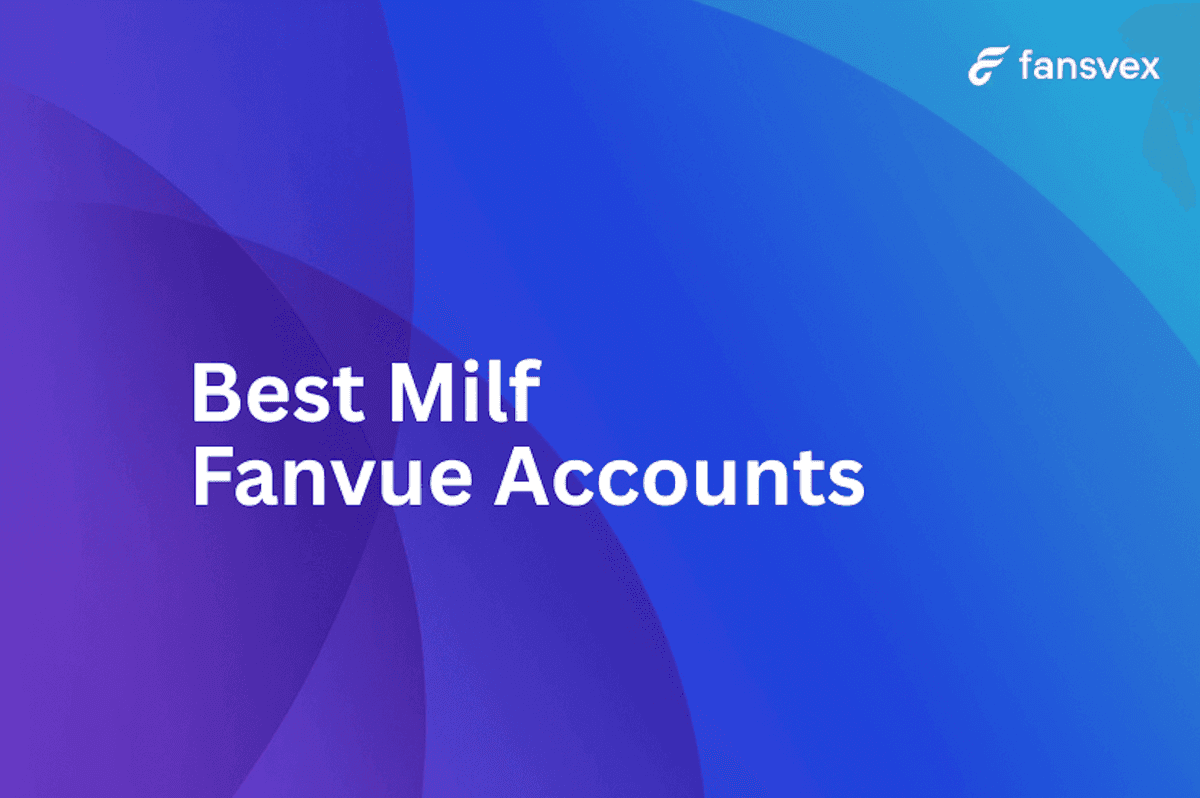
What is the difference between Fanvue and Patreon in 2025?

Fanvue vs. Patreon: What’s the Real Difference and Which Platform Is Better for Creators?
If you’re a content creator trying to decide between Fanvue and Patreon, you're probably wondering the same things most people do: Which platform pays better? Which one gives me more freedom? What are the real pros and cons?
You’re in the right place.
This article breaks down the key differences between Fanvue and Patreon with no fluff, no filler — just the facts and insights you actually need to make a decision. Whether you're a YouTuber, podcaster, artist, adult content creator, or something in between, here's what you should know.
What Are Fanvue and Patreon?
Let’s start with the basics.
Patreon is the older of the two, launched in 2013. It's widely used by podcasters, YouTubers, artists, writers, educators, musicians — basically any creator who wants to offer exclusive content in exchange for recurring support from fans.
Fanvue is the newer player, often called an alternative to OnlyFans. It launched as a more flexible and modern creator platform that welcomes both mainstream and NSFW (Not Safe for Work) creators — something Patreon has historically limited or outright banned.
At their core, both platforms do the same thing: They let creators monetize their audience through paid subscriptions. But how they do it — and who they cater to - is very different.

Image sources: Screenshots from fanvue.com and patreon.com, used for editorial and comparative purposes only.
The Main Differences Between Fanvue and Patreon
Here’s what really separates them:
1. Content Policies
This is the most obvious and important difference.
Patreon has strict guidelines on adult content. While some light NSFW content may be allowed, anything explicit is usually flagged or banned. Over the years, many adult creators have had their pages removed or restricted without much warning.
Fanvue, on the other hand, embraces NSFW creators. In fact, many people use Fanvue as an alternative to OnlyFans because it allows the same kind of content but with a more modern interface and friendlier business model.
So if you’re creating explicit or adult content, Fanvue is your platform. No question.
2. Payouts and Revenue Share
Both platforms take a cut of your earnings, but the difference is minor:
- Patreon takes around 8% to 12%, depending on your plan.
- Fanvue takes a flat 15%, which is slightly higher — but Fanvue also offers a referral program, which can boost your income long-term.
Payout schedules also differ:
- Patreon pays out monthly (or manually, depending on your settings), while Fanvue offers weekly payouts, which is a big plus for creators who rely on regular income.
3. User Experience and Interface
In terms of user experience, Fanvue feels more modern and intuitive, especially for fans who are used to OnlyFans or similar platforms. The dashboard is clean, the analytics are easy to follow, and it’s built for mobile from the ground up.
Patreon’s interface is functional, but some users feel it’s clunky or outdated. It works well for delivering posts, videos, and member only content, but it lacks some of the personalization and visual appeal Fanvue offers.
4. Audience and Branding
Patreon has the reputation of being a “respectable” platform for creators. It's often associated with serious artists, educators, podcasters, and professionals. If your brand is clean, educational, or family-friendly, Patreon might feel more aligned with your goals.
Fanvue, by contrast, is openly adult-friendly. While not exclusively NSFW, it’s definitely geared toward creators who want full freedom over what they post, without worrying about takedowns or shadowbanning.
So the choice partly depends on your brand image and content type.
5. Tools for Growth
Fanvue includes built-in tools like referral links (where you get paid for bringing in new users or creators), detailed analytics, and better discoverability for NSFW content.
Patreon has some growth tools too — like integrations with Discord, email marketing tools, and community features — but they tend to favor more traditional content creators, and NSFW creators often feel restricted or hidden from view.
Who Should Use Fanvue?
Fanvue is a better fit if:
- You create NSFW or adult-oriented content
- You want to monetize exclusive photos, videos, or chats
- You’re looking for a platform similar to OnlyFans, but with a cleaner interface and better support
- You want weekly payouts and a referral program
- You need more freedom in what you post without worrying about being banned
It’s also a good option if you’re starting from scratch and want to build your audience in a platform that supports diverse content types.
Who Should Use Patreon?
Patreon is ideal if:
- You produce podcasts, educational videos, long-form blogs, or safe-for-work art
- Your audience prefers a more “professional” or academic vibe
- You want a platform with a long-standing reputation and proven infrastructure
- You’re not planning to post adult content
- You value community tools like posts, tiers, and integrations
In short, Patreon is built for traditional creators who want to build long-term support around a safe, brand-friendly persona.
Is It Possible to Use Both?
Yes it is and many creators do. Some run Patreon for their clean or public facing content, and Fanvue for premium or adult content that they can’t post elsewhere. This hybrid approach lets them segment their audience while maximizing revenue from different content types.
Final Verdict: Fanvue or Patreon?
There’s no one-size-fits-all answer here. The best choice comes down to your content type, your audience, and how much control you want.
- Choose Fanvue if you're an adult creator, influencer, or model who wants flexibility and direct monetization.
- Choose Patreon if you're a podcaster, teacher, writer, or artist producing safe-for-work content who wants long-term, steady support from a loyal community.
Either way, both platforms can be powerful tools — if you use them right.
Key Questions Answered
1. Is Fanvue better than Patreon?
It depends on your content. For NSFW creators, Fanvue is better. For traditional creatives, Patreon may be more trusted.
2. Does Fanvue allow adult content?
Yes. Fanvue fully supports adult and NSFW content without restrictions.
3. Can I make more money on Fanvue?
Possibly — especially if your audience is willing to pay for exclusive or adult content. Fanvue also gives weekly payouts and referral bonuses.
4. Is Fanvue safe and legit?
Yes. Fanvue uses standard payment processors, 2FA, ID verification, and is GDPR-compliant.
5. Is Fanvue the same as OnlyFans?
They’re similar in purpose, but Fanvue has a more modern design and slightly different rules. Many creators see Fanvue as a cleaner, growing alternative to OnlyFans.
6. Want Help Deciding or Setting Up Your Page?
If you're still unsure which platform to start with or how to grow your income from either check out our Creator guides:
- How to Get More Fanvue Subscribers
- 10 Proven Tips to Maximize Your Fanvue Earnings in 2025
- Top Mistakes New Creators Make on Fanvue and How to avoid them
- How to Make Money on Fanvue: A Beginner’s Guide for 2025




